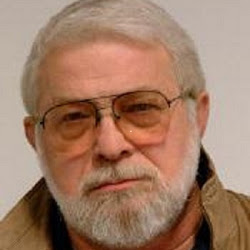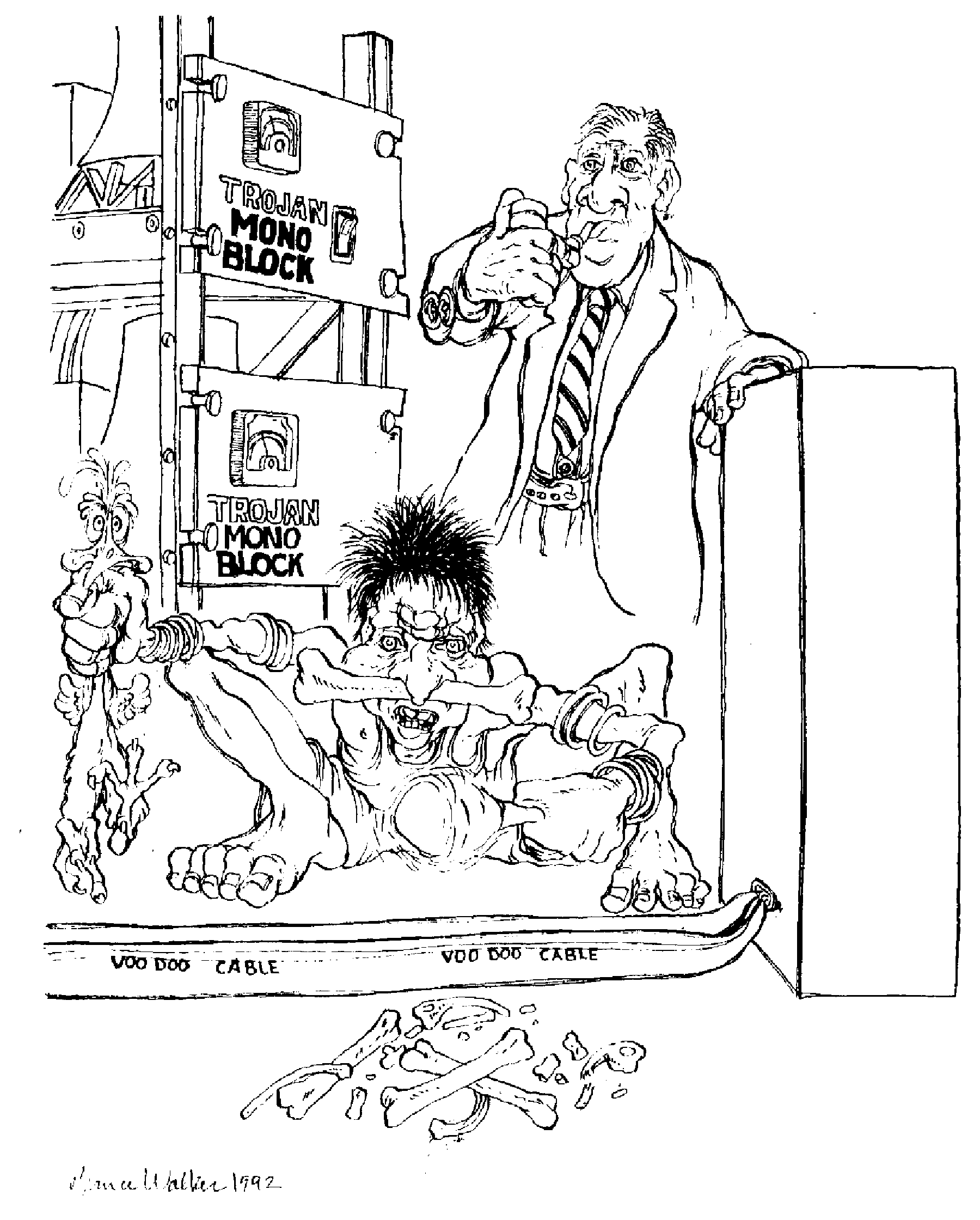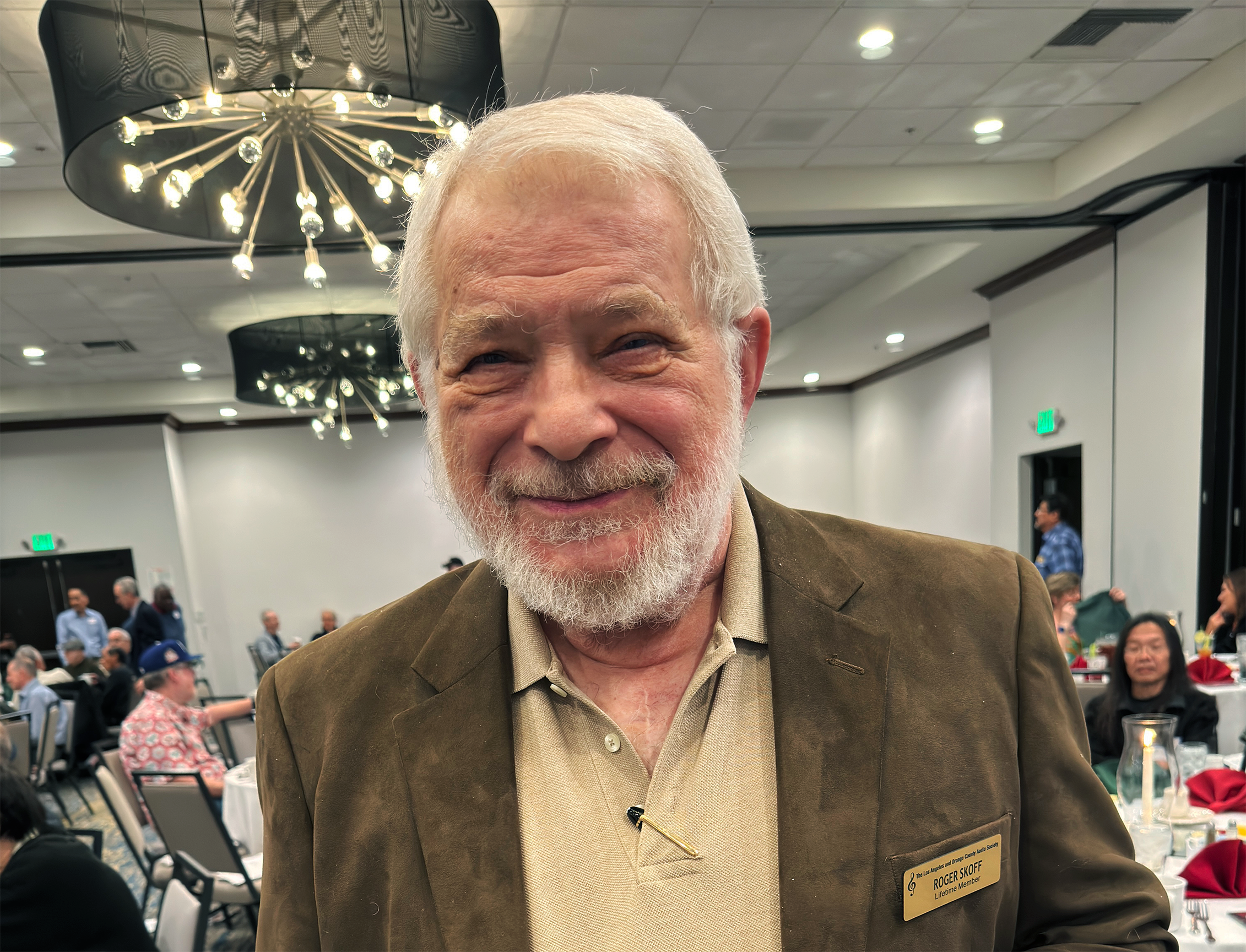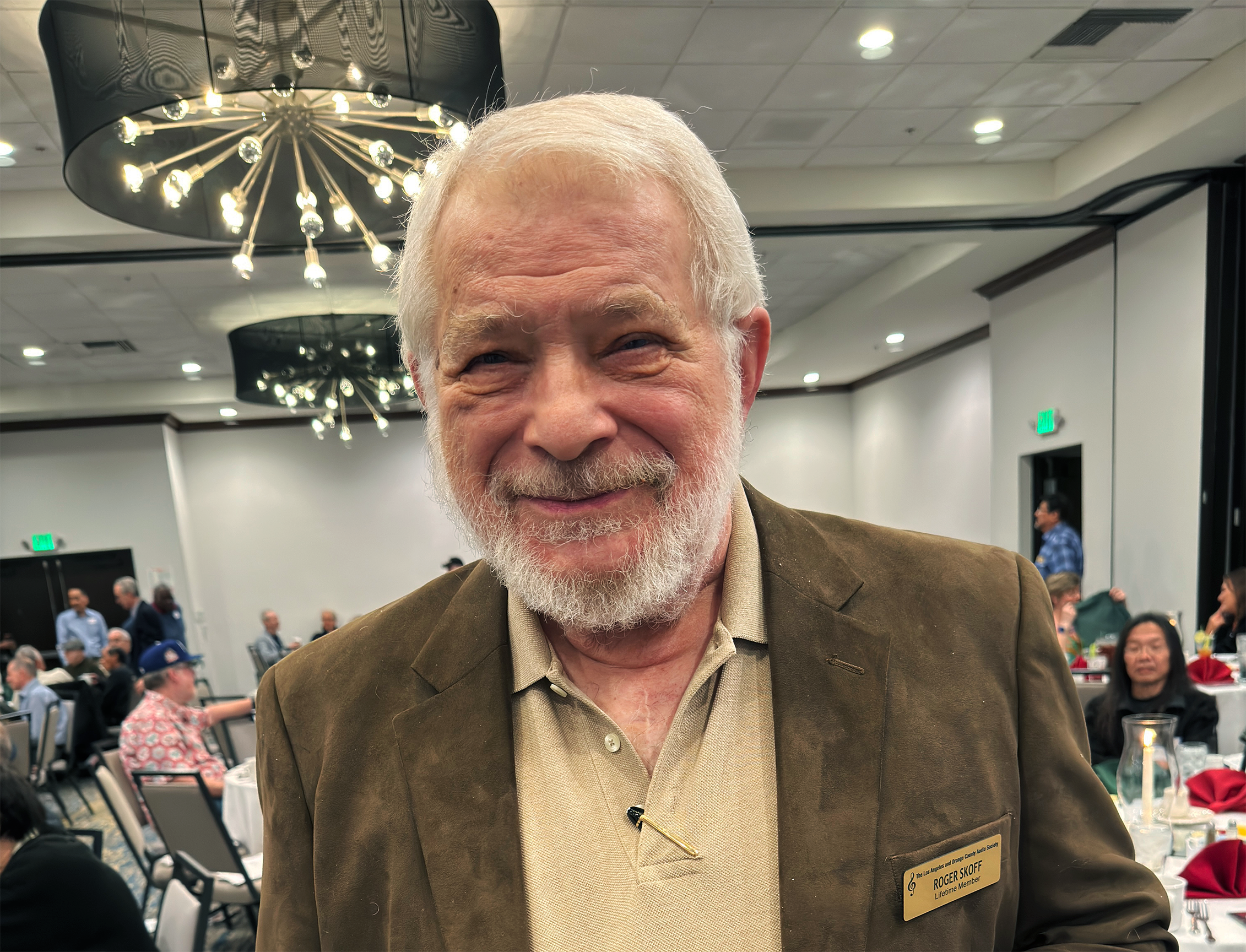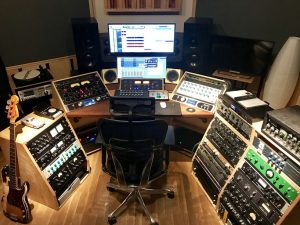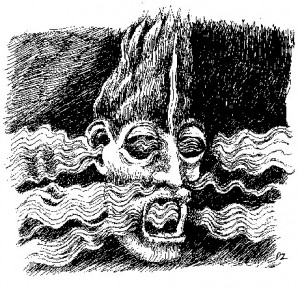It's Still Good…
Roger Skoff writes about buying and enjoying older gear
My sister called me the other day and said that she and her husband (a no-kidding world famous junk sculptor) had fifty or a hundred old vinyl records; nearly that many tape cassettes; and "a bunch" (unspecified) of CDs that they wanted to play and had nothing to play them on. Lloyd (her husband) was also interested in getting into writing for the theater, and wanted a tape recorder or other device that he could both dictate dialog, commentary, and stage directions into and record actual scenes, including background music or sound effects on as he wished.
Neither my sister nor her husband had even the slightest clue as to what to buy, or even, as it turned out, what the various kinds of equipment necessary were or where they could be found, and they had called me, as their hotsy-totsy "HiFi expert" family member, to sort it all out for them.
Of course, it didn't all start that way: The conversation started-out with the usual pleasantries, moved around to family and friends, and then on to gourmet foods (With them living in the wilds of New Mexico, their supply of certain food items, particularly Asian and Middle-Eastern, is limited so I regularly send them "Care Packages" of certain goodies.) It was only when I asked if they were out of anything or needed anything new that my sister mentioned that Lloyd wanted to buy a turntable to play their records on.
I have four turntables (a Linn, two Aristons, and a VPI) and not all of them are in use, so I immediately offered to send them one if they would pay the shipping costs. At that point my sister said that there was more stuff that they might need, too, and had Lloyd join us on the line.
It was he who told me about the recordings they had and about what he wanted to do with recording new material, and when he had done that he asked me if there was some one device that could—like the old console "HiFi's"—do everything that he wanted to do. My response, of course, was that, to my knowledge, no one had manufactured a hi-fi console for many decades, and that, even when they were made, I knew of none that did everything that he wanted to do.
Instead of any single unit, I told him, he was going to have to buy a number of separate components and—at least for many of the things that he was going to need—his best move might well be to try to find them used at a local Goodwill or other secondhand store.
To start the process, I asked him what equipment, if any, he already had, and he told me that he does have speakers (kind and quality unspecified) but that he has nothing to drive them with. That being the case, I suggested that he buy a receiver of some "name" brand (Onkyo, Sony, Kenwood, Pioneer, and such like) because that would give him not only the power to drive his speakers, but also the selector switch and volume controls that he would need and the tone controls and other features ("loudness" control, rumble filter, etc.) that he might want. Also, if he was careful to buy one with a "phono" input, it would give him the necessary preamplification and equalization for a magnetic (moving magnet/moving metal) phono cartridge so that he could play LP or other vinyl records. Knowing that he wouldn't likely be buying more records, and knowing that good sound quality would be sufficient and that the ultimate in High Fidelity reproduction was not necessary, I didn't suggest a separate preamp and power amp set. And besides, although he didn't ask for it, I knew that the AM/FM (or FM only) radio tuner that any decent receiver would include would provide both him and my sister with many additional hours of musical enjoyment.
All he would need, I told him, would be a good two-channel stereo receiver and, like the HiFi consoles mentioned earlier, at least most companies have stopped making those in favor of the much more popular 5.1 or even 7.1 channel AV receivers. With a great many people upgrading to multi-channel units for Home Theater use, the supply of no-longer-needed two channel receivers at the secondhand stores is always ample and they—even very good ones—can usually be bought very cheaply.
High quality tape cassette players or player/recorders are also something that seems mostly to have gone away, being replaced almost entirely by portables designed more for convenience or novelty value than good sound. Like two-channel receivers, the older, higher-performance, home units can still be found in the secondhand stores, and for very little money. One of those home players would certainly be a best bet for playing their (Lloyd and my sister's) cassette collection and if the one they found would also record, it might also be useful for Lloyd's requirement for that, too.
There are problems with recording on cassette tape, though. Although, especially on an old Tandberg unit I used to have, cassette sound can be surprisingly good, editing on a cassette recorder—at least any kind of sophisticated professional-type editing—is difficult to impossible. I say this even though, when I was consulting to Motown back in the 70s, I sat-in on a number of sessions where Berry Gordy and his crew were using multiple micro-cassette recorders to, by playing tracks or brief snatches of whole songs recorded on one or more machines and recording the bits on another, actually "assemble" songs that would later be recorded for production. For Lloyd's recording purposes, though, another option would probably be better, so I recommended getting a cassette player for their already-existing tapes and using either the family computer with appropriate software and a good microphone (or even multiple microphones and a mixer) for recording or one of the genuinely excellent-sounding one-piece portable digital recording setups available at a surprisingly low price from any of the big musician-supply retailers.
Or, if he'd rather have it, Lloyd could buy a regular reel-to-reel tape recorder, either new or, like the other things, used from a secondhand store or, as Lloyd himself suggested, eBay or some other online source.
Incidentally, the cassette recorder wasn't the only thing that posed some issues: All of my turntable rigs are fitted with low-output moving coil cartridges, which a receiver isn't likely to be able to work with, so instead of having to buy a new cartridge or an appropriate step-up device, it might be cheaper for Lloyd and my sister to simply find and buy a suitable major-brand used turntable setup in their local area than to accept my offer of one of my turntables for just the shipping cost.
For most audio products—at least in the popular price range—the differences in performance between the newest products and those with some years on them aren't all that great, and providing that used gear works when you buy it (always check or get a written warranty) the odds are that most of it will work well and provide good satisfaction for years to come. Solid-state gear tends to be long-lasting, and while tubes may eventually require replacement, the lower cost of used gear offsets whatever the cost for that may be and still makes for a good bargain. The biggest things to worry about are not the electronics, but mechanical or electromechanical devices that have gears, motors, belts, and bearings, and even they, if you buy them carefully are worth buying used.
Good used gear is still good, and buying it is a good way to either replace equipment no longer made or to get what you want for a whole lot less money. Doing so is such a good idea, in fact, that when I finish writing this article I intend to go to the local Goodwill store and see if I can find a good used CD player with a direct digital output. One of my old CD transports finally died and if I can find what I want, I'm going to hook it up to my old, excellent, and currently unused Theta DAC. That should give me good performance and save some bucks to be used for something else.
Good deal!




